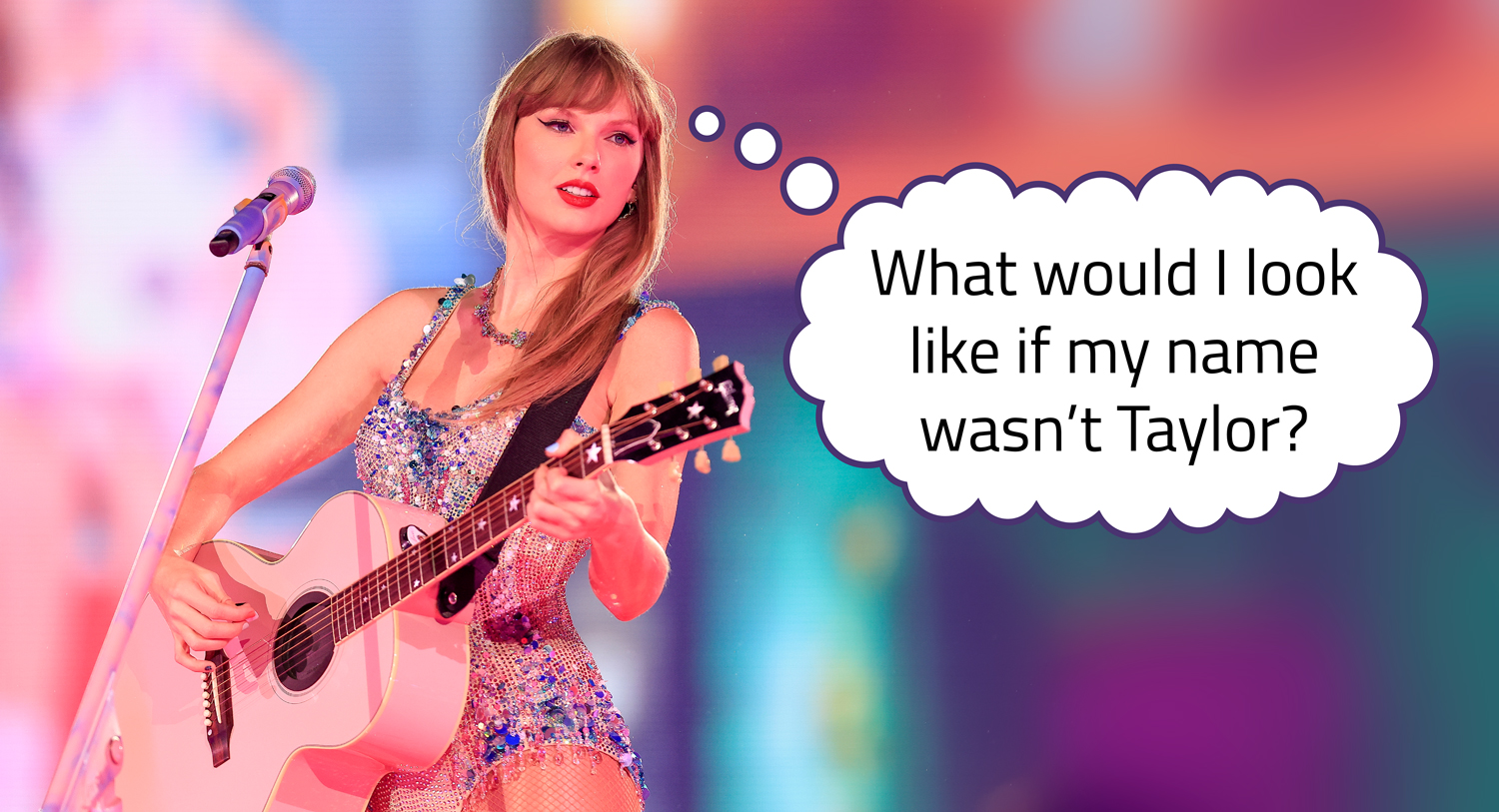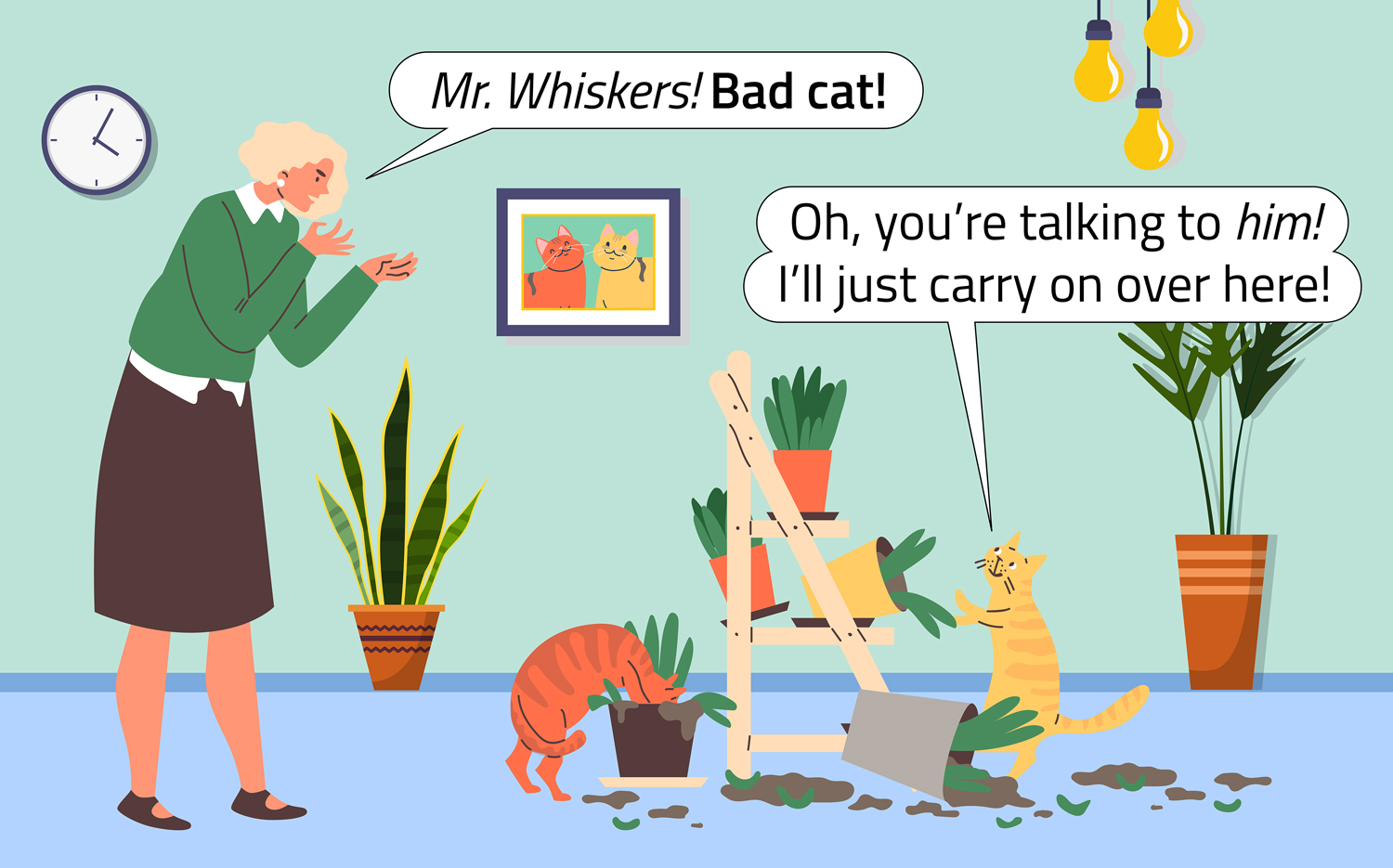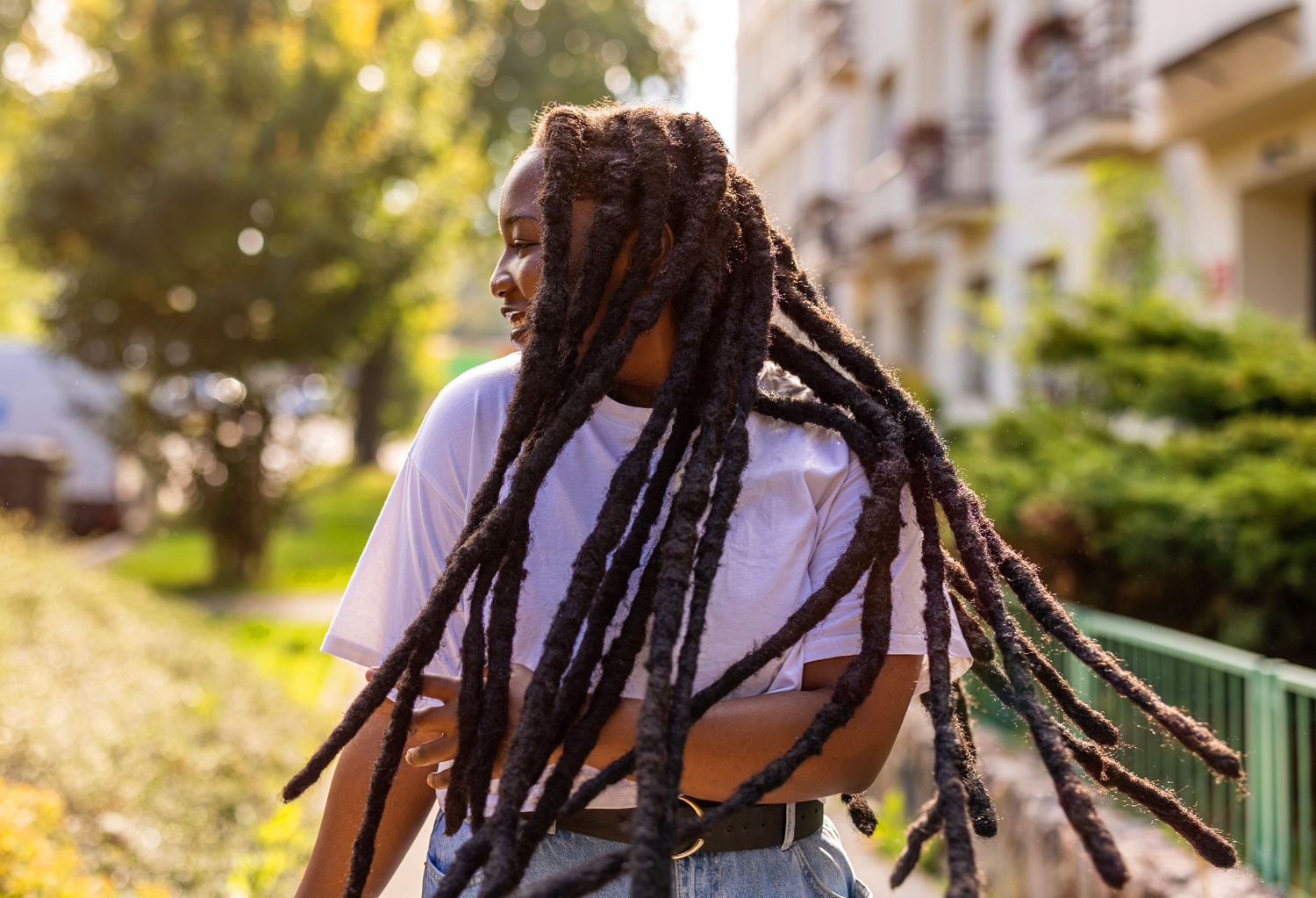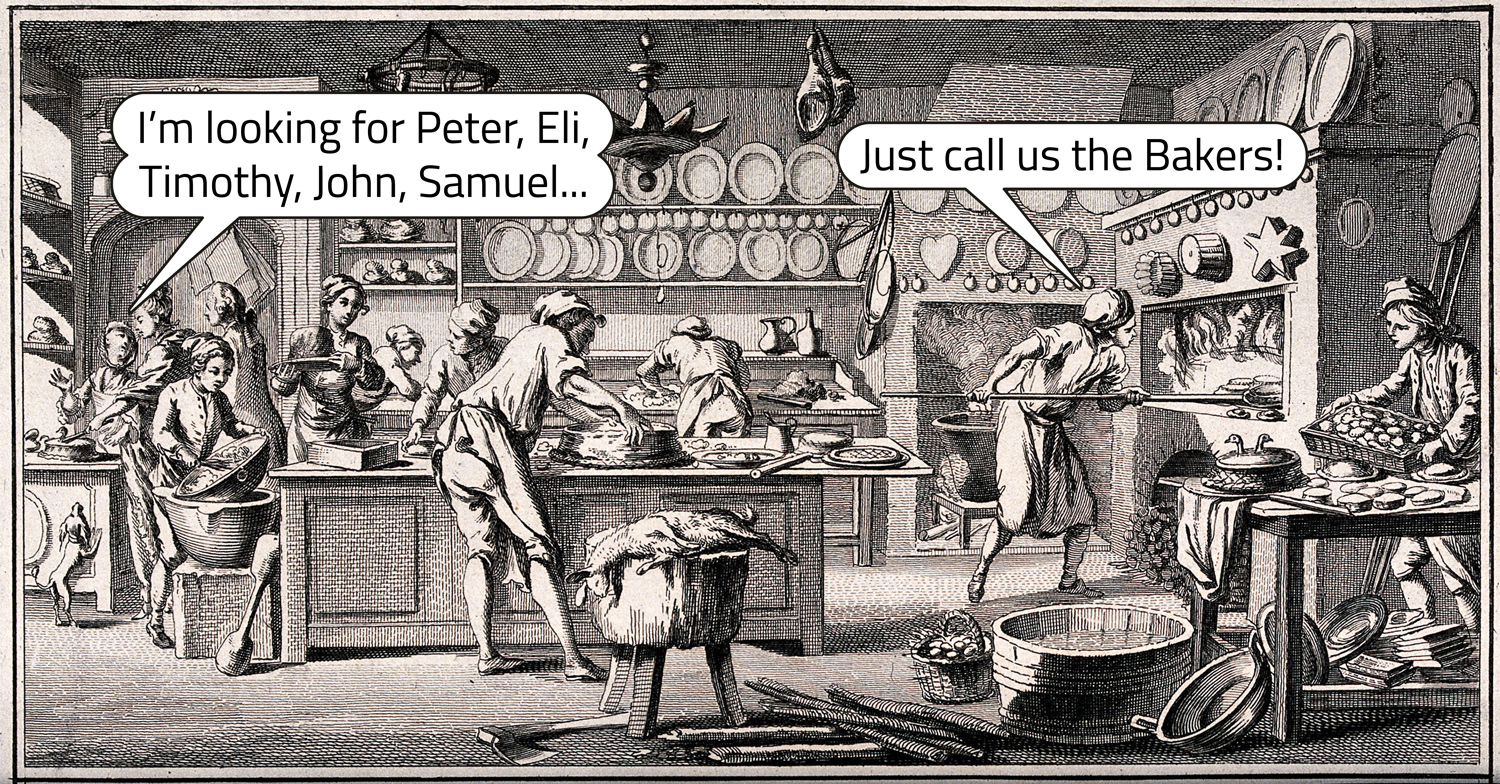Why People Look Like Their Names
Scientists say people change their appearance to look like their names.

© Buda Mendes—TAS23/Getty Images for TAS Rights Management; Photo illustration Encyclopædia Britannica, Inc.
Do people look like their names? Studies have shown that they do. But a new study suggests that people aren’t born looking like their names. Instead, they alter their appearance to match their moniker.
A group of researchers showed a group of children and a group of adults a series of adult faces and asked them to match the faces to the correct names. Both the children and the adults matched the faces to the correct names more often than if they were to guess randomly. This suggests that adults with certain names have a certain appearance. For example, someone named Mark somehow looks like a “Mark” but not like a “James.”
Then the researchers showed the children and adults a series of children’s faces and asked them to match these faces to the correct names. This time, the participants didn’t match the faces to the names accurately. The researchers also put images of human faces into a computer. Like the people in the study, the computer matched the adult faces to their names but could not match the children’s faces to their names. This suggests people don’t look like their names until they’re older.
Researchers concluded that people aren’t given a certain name based on how they look. Instead, a person’s appearance changes over time to match the stereotype of how someone with their name would look.



